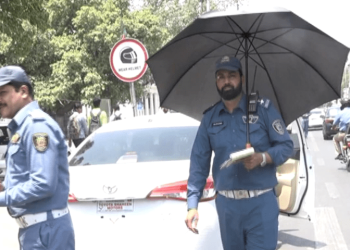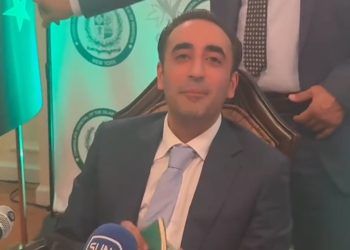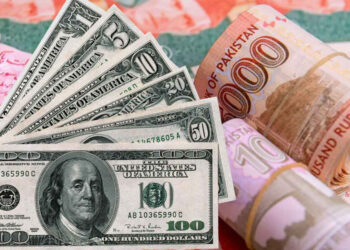The Speaker of the National Assembly Raja Pervaiz Ashraf on Tuesday accepted the resignations of 35 members of the lower house of parliament who are affiliated with the Imran Khan-led Pakistan Tehreek-e-Insaf on Tuesday as power struggles between the government and the opposition parties continue in the country (PTI).
Subsequently, a notification to de-seat the lawmakers who had resigned was also issued by the Election Commission of Pakistan (ECP).
The de-notified lawmakers include Murad Saeed, Omar Ayub Khan, Asad Qaiser, Pervaiz Khattak, Imran Khattak, Sheharyar Afridi, All Amin Khan, Noorul Haq Qadri, Raja Khurram Shahzad Nawaz, Ali Nawaz Awan, Asad Umar, Sadaqat Ali Khan, Ghulam Sarwar Khan, Sheikh Rashid Shafique, Mansoor Hayat Khan, Fawad Ahmed, Sanaullah Khan Mastikhel, Hammad Azhar, Shafqat Mahmood, Malik Muhammad Amir Dogar, Shah Mahmood Qureshi, Zartaj Gul, Faheem Khan, Saifur Rehman, Muhammad Alamgir Khan, Syed Ali Haider Zaidi, Aftab Hussain Saddique, Ataullah, Aftab Jehangir, Muhammad Aslam Khan, Muhammad Najeeb Haroon and Qasim Khan Suri.
Moreover, Aliya Hamza Malik and Kanwal Shauzab, two PTI legislators elected on reserve seats, were also de-notified.
Sheikh Rashid Ahmed, the leader of the Awami Muslim League (AML), as well as the 34 PTI lawmakers, were both de-notified by the ECP.
The PTI had announced mass resignations from the National Assembly in April, a day after party chief Imran Khan’s ouster as the prime minister through a no-confidence vote and shortly before Shehbaz Sharif was elected as his successor.
On July 28, 2022, National Assembly Speaker Raja Pervez Ashraf accepted the resignations of only 11 PTI legislators who had left their positions following the vote of no confidence in the outgoing prime minister.
On August 1, the PTI first contested the action before the Islamabad High Court (IHC), claiming that it was “unsustainable.” On September 6, 2022, the IHC, however, had rejected the plea.
The party subsequently went to the Supreme Court and requested that it overturn the IHC judgement because it was “vague, superficial, and against the law.” The Supreme Court’s ruling on the PTI’s appeal is still waiting.




































